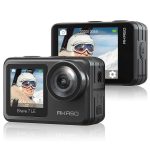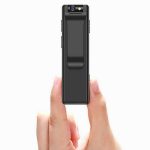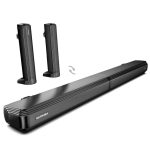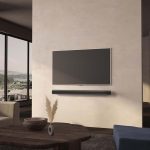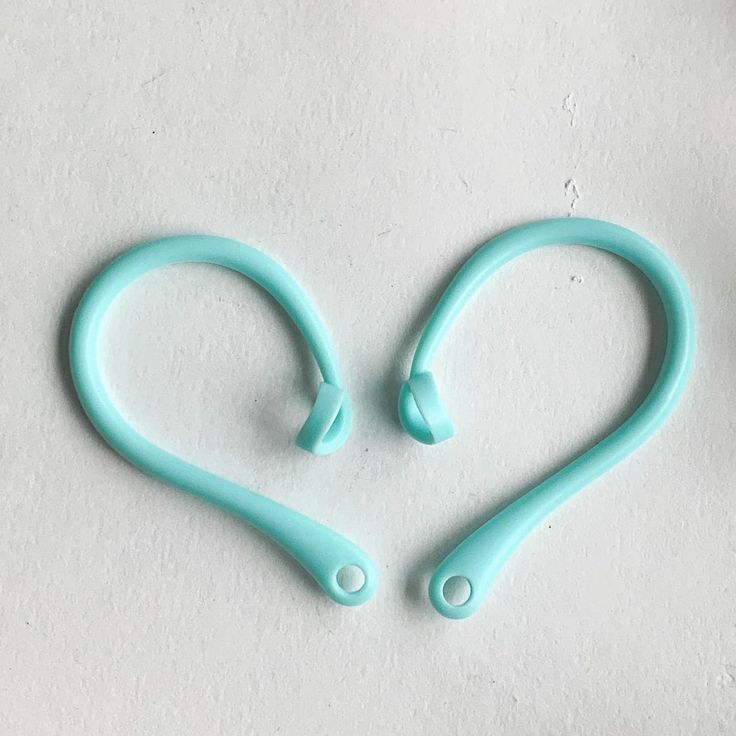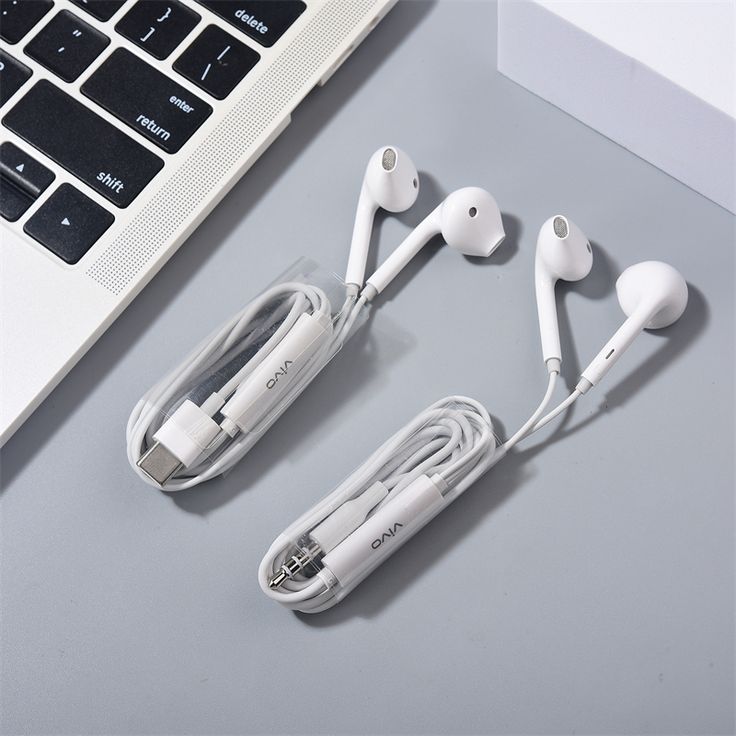Understanding Earphone Adapters
When it comes to uninterrupted audio experiences, understanding the nuances of earphone adapters is crucial. These small but mighty components connect your favorite earphones to various devices. With a range of shapes, sizes, and functionalities, adapters ensure compatibility across your audio equipment.
Types of Earphone Adapters
The market offers various earphone adapter types, catering to different needs and devices. Common types include:
- 3.5mm Jack Adapters: For devices with a traditional headphone port.
- USB Adapters: Connect earphones to USB ports on laptops and other devices.
- Bluetooth Adapters: Enable wireless connection to Bluetooth-enabled devices.
- Airplane Adapters: Allow you to connect to in-flight entertainment systems.
Choosing the right type depends on your device’s ports and your audio requirements.
Importance of Earphone Adapter Compatibility
Compatibility is the cornerstone of a good earphone adapter. It determines if your earphones can properly connect to your devices without audio loss or interference. A mismatched adapter might not fit, or worse, cause damage to your device or earphones. Hence, checking the compatibility of the adapter with your devices is a step you cannot skip. It also assures you get the best audio quality your gear can provide.
Key Features to Look For
When shopping for the perfect earphone adapter, certain features should guide your decision. Key aspects such as audio quality support, build and durability, and the range of connectivity options can make or break your audio experience. Let’s delve into each of these to help you make an informed choice.
Audio Quality Support
The main role of an earphone adapter is to transmit sound without loss or distortion. Look for adapters that support high-resolution audio standards to ensure your music is crystal clear. An adapter with poor audio support can degrade the sound, making high-quality earphones sound mediocre.
Build and Durability
Adapters often face daily wear and tear. A sturdy adapter made from quality materials will last longer and save you money in the long run. Metal connectors are generally more durable than plastic ones and provide a better connection. Also, consider adapters with strain-relief features to prevent wire damage.
Connectivity Options
The right earphone adapter should fit the many devices you use. Whether it’s for your smartphone, laptop, or gaming console, the adapter must have the necessary port and protocol compatibility. Some adapters offer additional features like inline controls or microphones, beneficial for certain users.
Popular Earphone Adapter Brands
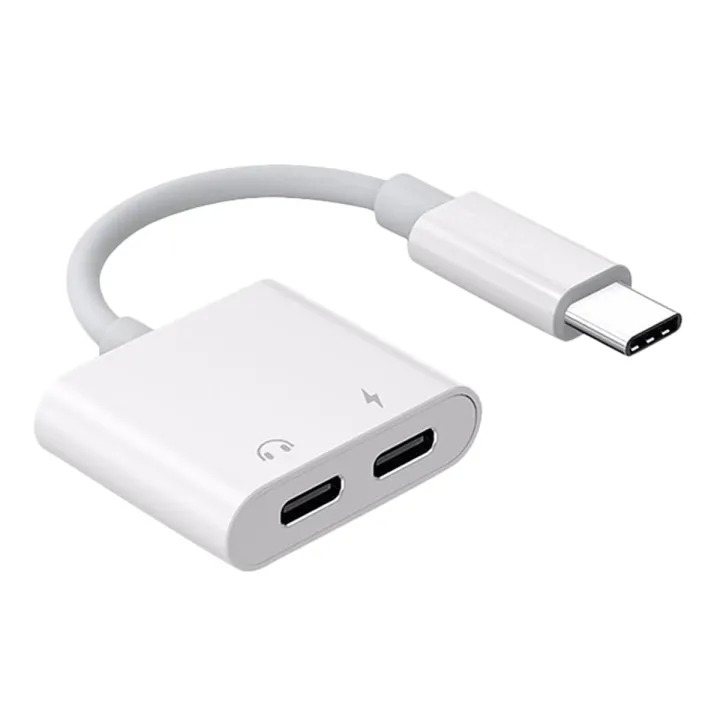
When looking for an earphone adapter, brand reputation can greatly influence your choice. Some brands stand out due to their reliability, innovation, and user satisfaction. In the market, you’ll find a few names that frequently pop up as the frontrunners.
Comparing Market Leaders
The competition among earphone adapter brands is fierce, with each offering unique features. Names like Belkin, Anker, and Apple are often at the helm. Belkin adapters are known for their versatility and durability. Anker impresses with its high-quality build and affordability. Apple’s adapters, while pricier, offer seamless integration with their devices. Comparing these leaders involves looking at their durability, audio quality, and additional functionalities such as integrated controls or built-in DACs for improved sound delivery.
Customer Preferences and Reviews
Customer feedback is a valuable source of information. Many users favor adapters that combine functionality with simplicity. Reviews often highlight the ease of use, the adapter’s quality, and whether it maintains true sound fidelity. Moreover, adapters receiving frequent recommendations are those that prove to offer consistent performance over time without issues such as connectivity loss or static noise. Engaging with customer reviews can assist in narrowing down your options to those most capable of fulfilling your audio connectivity needs.
Adapting to Different Devices
Adapters must cater to the variety of devices we use daily. Here’s how they adapt:
Smartphones and Tablets
Smartphones and tablets often lack ports for connecting traditional earphones. A good earphone adapter for these devices usually has a USB-C or Lightning connector. This allows you to use your favorite earphones despite the absence of a headphone jack. Look for an adapter that supports your device’s charging and audio out simultaneously for uninterrupted use.
Laptops and Desktop Computers
For laptops and desktops, an earphone adapter may be necessary when there’s no direct 3.5mm jack, or you’re dealing with sound cards issues. USB and Bluetooth adapters are handy solutions, helping you connect and enjoy high-quality sound. Some adapters even offer extra ports, turning a single USB port into a multi-functional outlet.
Gaming Consoles and Other Devices
Gaming consoles and other specialized devices, such as VR headsets, often have specific audio output requirements. An earphone adapter that works with these devices ensures that you can experience immersive game audio. It’s important to choose an adapter that supports the console’s gaming protocols and offers low latency for real-time sound transmission.
Specialized Adapters for Professional Use
Professionals need adapters tailored to high-demand environments. This ensures peak performance during studio sessions or live DJ sets.
Studio Recording and DJs
Studio recording and DJing require pristine audio transmission. Opt for an earphone adapter that supports zero latency and offers robust durability. DJs and musicians often choose adapters with secure connections to prevent disconnections during performances. Multichannel audio support is also a key feature for those mixing tracks.
High-Fidelity Enthusiasts
For high-fidelity enthusiasts, the perfect earphone adapter is one that preserves audio purity. It should allow detailed sound reproduction without any coloration or noise. Audiophiles generally seek out adapters with high-grade materials and advanced circuitry to maintain sound integrity. Ensure the adapter pairs well with specialized audiophile-grade earphones for the best experience.
Troubleshooting Common Earphone Adapter Issues
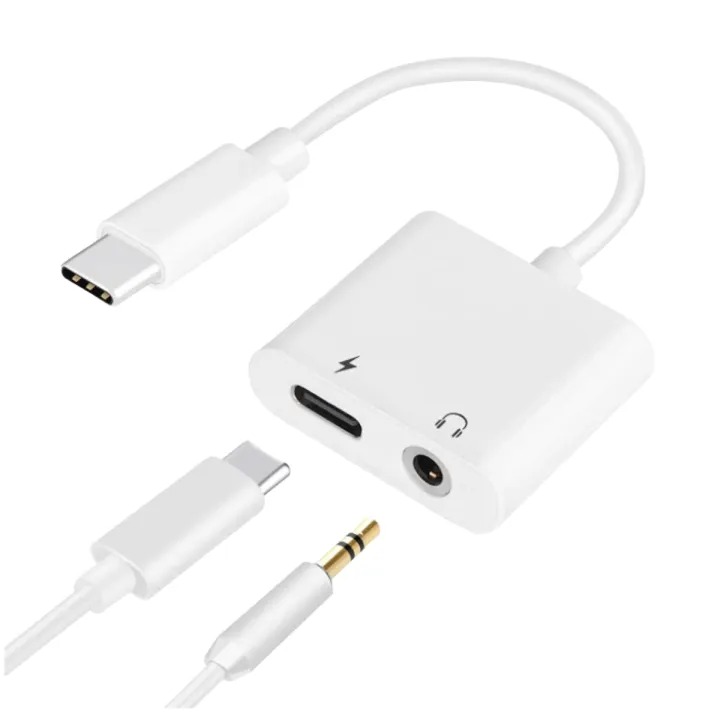
While earphone adapters are essential for audio connectivity, users may encounter issues that disrupt their audio experience. Understanding how to troubleshoot common problems can help you quickly resolve these interruptions and get back to enjoying your music or media.
Connectivity Problems
Connectivity problems are often the first hurdle with an earphone adapter. If your earphones are not working with the adapter, begin by checking the connection. Ensure that the adapter is fully plugged into the port of your device and that your earphones are securely connected to the adapter. Dirt and debris can also cause issues, so cleaning the ports might resolve the problem.
Common fixes include:
- Reconnecting the adapter and earphones.
- Inspecting for any visible damage on the adapter, such as bent pins.
- Trying the adapter with a different device to rule out device-specific issues.
Audio Interference and Noise
Audio interference and noise can degrade your listening experience. A poor quality earphone adapter can introduce static or hissing sounds. Possible solutions to these problems include:
- Using an adapter with better shielding to prevent interference.
- Checking for software conflicts on your device that might affect audio output.
- Avoiding physical barriers or electronic devices that might cause interference.
If issues persist, consider investing in a higher-quality adapter or consulting with a professional for further advice. Addressing these common issues will help ensure your adapter continues to provide a seamless audio experience.
The Future of Audio Connectivity
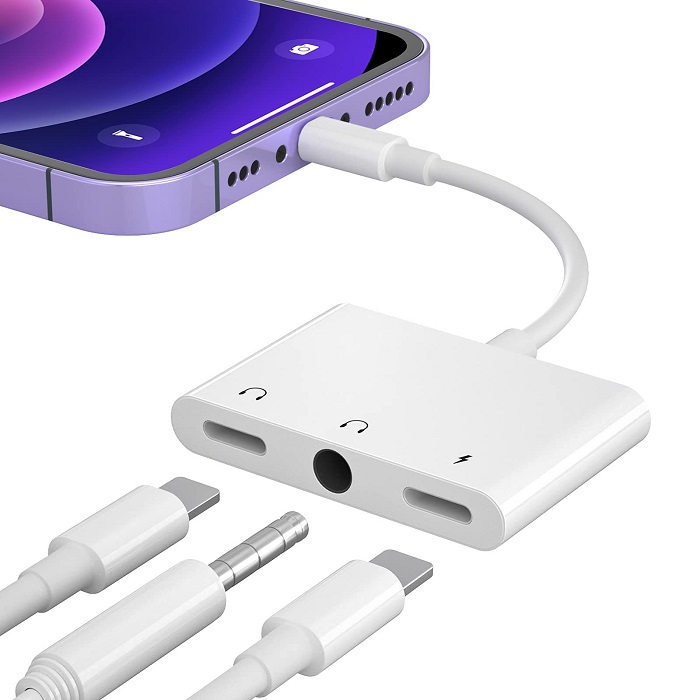
The landscape of audio connections is fast changing. As technology pushes forward, earphone adapters evolve too. Consumers can anticipate new advancements that transform how we connect our devices to our beloved earphones. Indeed, the future of audio connectivity is bright and brimming with possibilities.
Wireless Audio Trends
Wireless technology is swiftly becoming the norm. Cables are fading out as more users embrace the freedom of Bluetooth. The latest earphones often come with built-in wireless capabilities, reducing the need for adapters. However, not all devices are fully wireless yet. This is where adapters step in. They bridge the gap between wired earphones and devices that only support wireless connections. Future adapters may offer enhanced features like longer battery life or even higher audio quality without ties.
As wireless earphones improve, adapters might also evolve. They could offer features that add value beyond connectivity. For example, they may include amplification or sound customization options. This could be a game changer for audio enthusiasts who demand more from their listening experience.
The Role of Adapters in Evolving Technology
While wireless trends soar, adapters remain relevant. They serve as crucial tools in situations where wireless options are limited or non-existent. Adapters will adapt, offering compatibility with a variety of emerging tech. They’ll ensure we can keep using our favorite earphones with devices that trail behind the wireless curve.
Newer adapters may also cater to smart home technology or virtual assistants, integrating with a wider array of gadgets. They might even facilitate connections between different brands or platforms, making them invaluable in a diversified tech landscape.
In conclusion, as the audio world advances, earphone adapters will adapt. They will continue to play a key part in linking our past devices with future innovations. Their evolution will cater to the ever-changing demands of both casual listeners and audio professionals alike.

